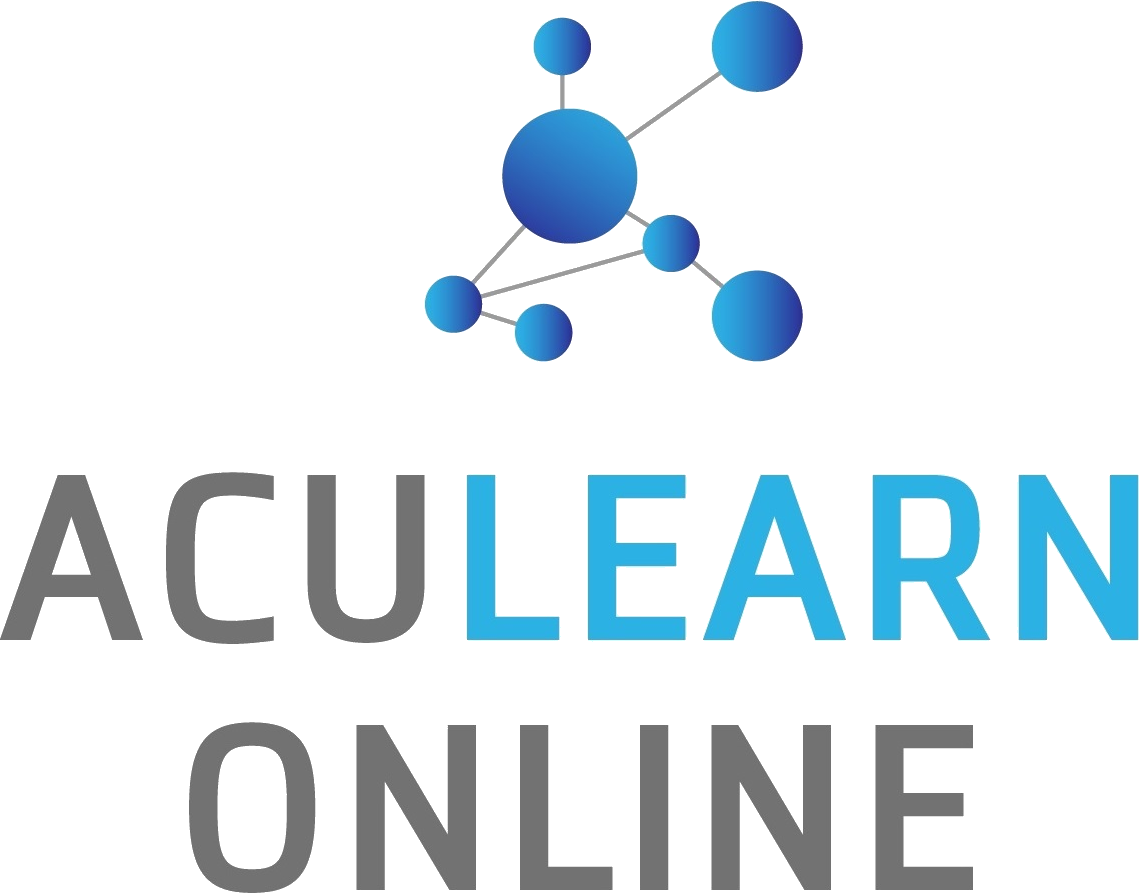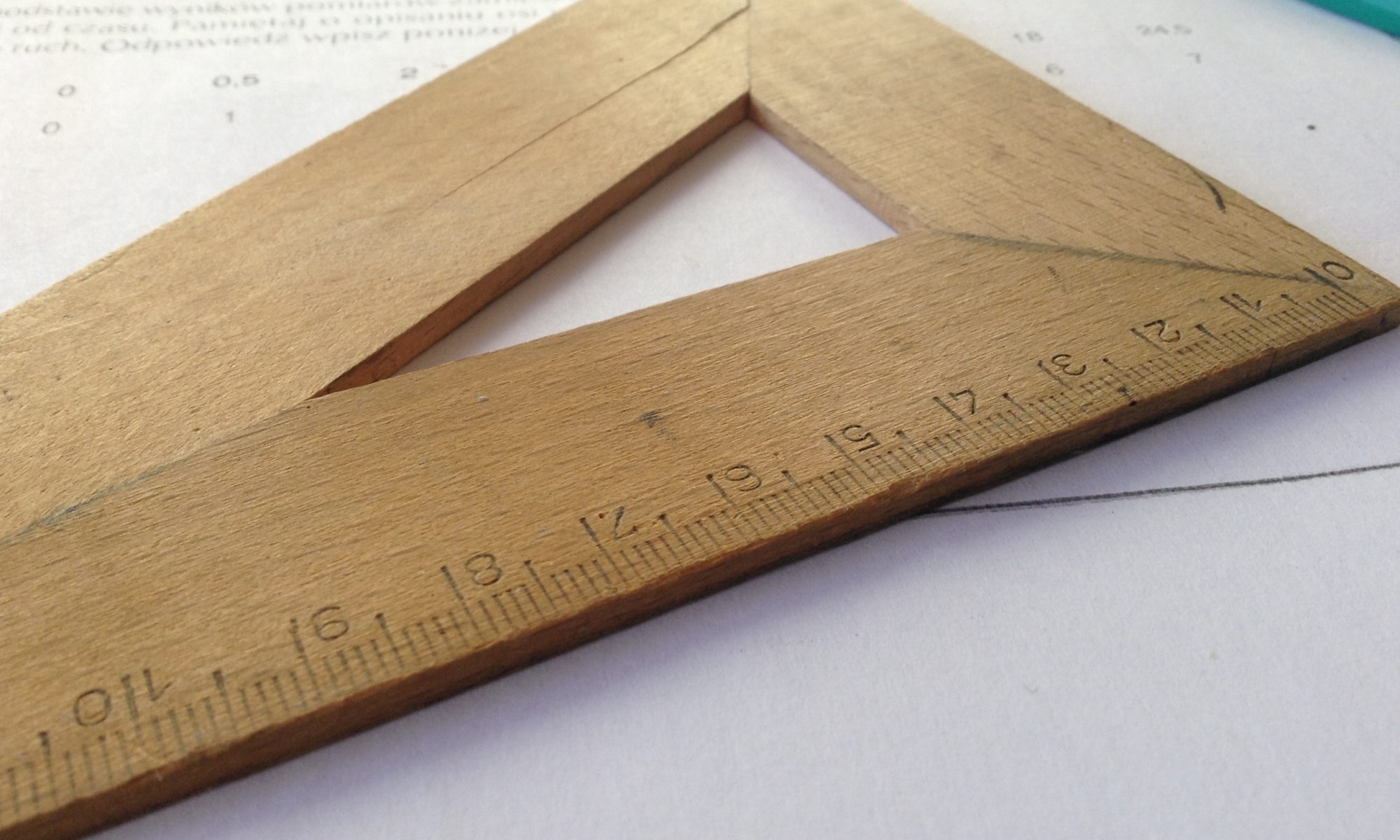Is your child struggling with Primary English or Secondary English? Are you tired of always seeing that C or D, but at your wits’ end figuring out how to help them? Rest assured, you are not alone. Many of our students have come to us asking for ways to improve their English. Aside from classroom exercises, we believe it is important for each student to practice good English in their daily lives to better reinforce the language. As such, we have compiled our best tips for keeping Primary English and Secondary English right at your child’s fingertips.
Speak Good English Daily
Although English has fast become the main spoken language in Singapore, not many people speak examination-level English. Instead, we are accustomed to speaking Singlish, a standard that sometimes leaks into students’ examination answers and costs them valuable marks. There is nothing wrong with speaking Singlish or our mother tongues, but if your child is intent on improving their English, it is key to focus on speaking good English at home. Start with making formal English the most-used language in the house – no colloquial speech, Singlish, or informal phrases. Watch English movies and listen to English radio stations. Even better, get everyone else in the household to participate as well! The more your child listens to the language, the better they will pick it up. Reinforcing spoken English has the added benefit of building up confidence and vocalisation for the oral examinations. Also, it strengthens your child’s listening skills for listening comprehension.
Read Widely
A very common recommendation for both primary and secondary English, the importance of reading widely cannot be overstated. Reading many different kinds of genres helps to reinforce one’s grasp of the English language, especially in higher-level material with the use of complex sentence structures and rich vocabulary. In addition, it also boosts general knowledge, which is especially helpful in both the PSLE and O-levels English examinations. Many of the examination passages are taken from real publications, and the essay questions may require the student to write on real-world topics. By immersing oneself in English books, academic journals, news articles, blogs, and encyclopedias, you can help your child work on their comprehension skills, making every cloze passage, exposition, and reading comprehension a breeze.
Revise Regularly
Revision should not be limited to the classroom. Even while at home after school, during the weekends, or during the holidays, it is important to keep practicing English. One good way to do this is to get some revision papers or books and drill your child on the exercises there. These materials are readily available at any bookstore, and you can even ask around for past-year examination papers from top schools! Working on assessment books helps to familiarise your child with the structure of examination questions and teaches them the techniques to answer each question effectively. A student could have all the knowledge in the world, but if they are unable to funnel that knowledge into an answer that satisfies the rigorous marking criteria, they will be no better off than any other student with less knowledge. Practicing on revision papers ensures that your child learns the proper answering techniques for each section. After they are done with each practice, be sure to let them have a look at the answer key so they can see where they have gone wrong and how they can improve.
Write Daily
Whether it is journaling, story-writing, or crafting social media posts, make it a point for you and your child to practice good English in every piece of writing. Even if everyone else is using text speech on social media or online messaging, strive to use the opportunity to craft good sentences with proper grammar, spelling, and punctuation. Encourage your child to start recording down the events of their day in a notebook or writing pad. This is not only a great way to begin writing, it also helps to release stress and allow quiet time to reflect. You can also use prompts to get your child to write, especially for younger kids. For instance, show them a set of four pictures and ask them to write a story that incorporates all four elements. Get creative! This is very similar to picture-based composition in lower primary English, and will definitely help your child think on their feet.
Attend Enrichment Classes
While incorporating English into one’s daily life is definitely helpful in reinforcing a strong concept of the language, every parent wants only the best for their child. Perhaps you are too busy to dedicate enough time to teach your child, or you may feel that you are too out of touch with the English syllabus. Maybe you believe that your child would learn better under the care of a professional. Fortunately, that is just what our enrichment classes are designed for. To give your child the best possible coaching in Primary and Secondary English, sign them up for our English classes, available for any age and any level! When you entrust your child to our tutors’ capable hands, you can rest assured that they will receive only the very best level of coaching. Our classes are conducted face-to-face in small groups, ensuring that every student receives the one-on-one tutoring they need, all while fostering close bonds with their group mates and picking up great interpersonal skills.







